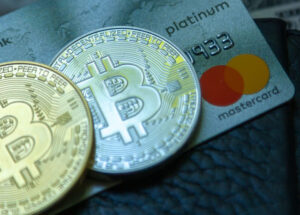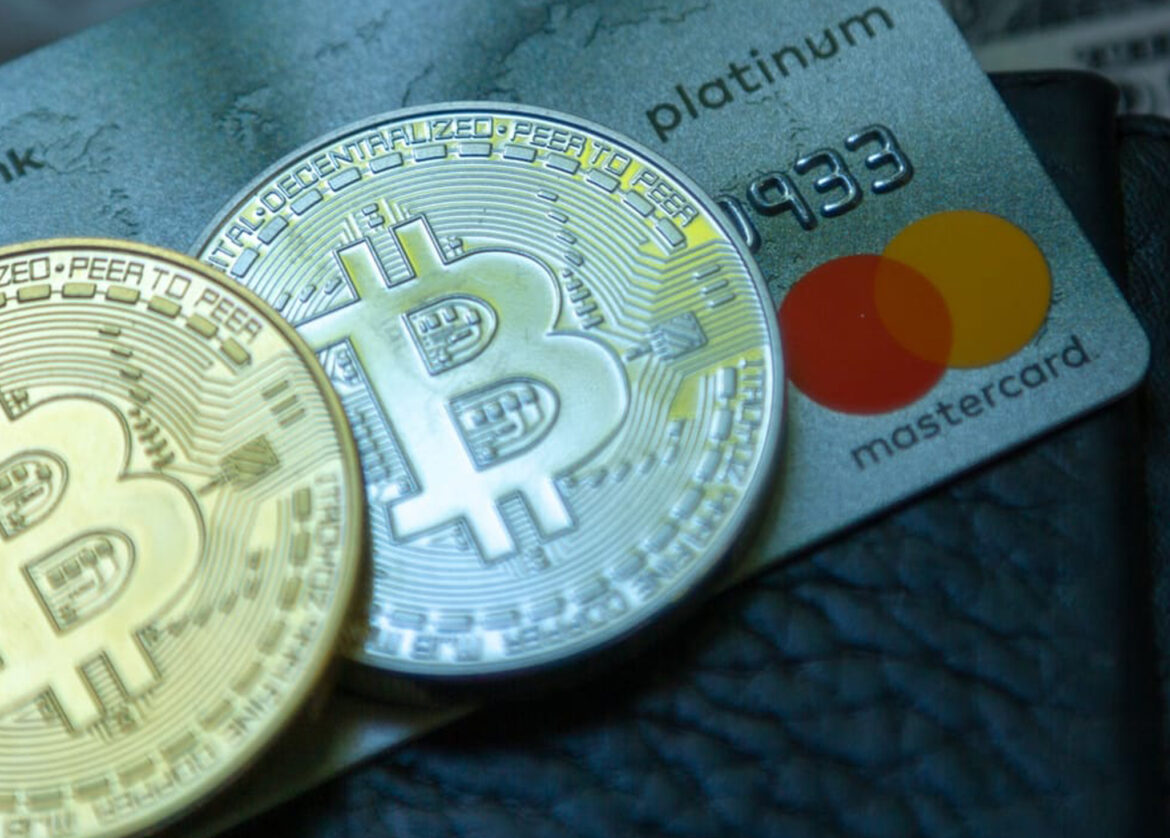
MasterCard plans to support digital currency transactions directly on it’s network, and they are planning to give merchants the option to receive payments in cryptocurrency later this year.
The functionality will see Mastercard customers’ digital currency payments settled in crypto at participating merchants, a first for the financial giant, according to a source familiar with the matter.
The payment giant has not yet revealed which digital currencies it intends to support, or where.
The details shed new light on CEO Michael Miebach’s Q4 pledge to integrate digital currency payments “directly on our network” in a move the new chief, helming his first earnings call on Jan. 28, said will provide maximal flexibility to customers and merchants alike.
Previously, Mastercard supported limited cryptocurrency transactions through its cryptocard partners Wirex and Uphold. But those programs only cover payment, not settlement; the coins are converted to fiat currency well before reaching the merchant.
The new initiative promises to upend that dynamic among the store owners and businesses who opt in. They will be able to conduct their business beyond the bounds of the fiat ecosystem, assuming, of course, their customers have crypto they’re willing to spend.
That’s hardly a safe bet given the buy-and-hold mantra pervading the world’s largest cryptocurrency. The source pointed out most bitcoin (BTC, -5.58%) buyers primarily treat their coins as investment vehicles, not payment tools. And the source underscored there’s no guarantee Mastercard’s crypto settlement initiative will support bitcoin.
Instead, cryptos will be evaluated against Mastercard’s 2019 “Principles for Blockchain Partnerships” framework, the source said. Released in the wake of Mastercard’s Libra exit, the document placed emphasis on stability, consumer protection and regulatory compliance in vetting potential partners.
“Many of today’s 2,600 digital currencies today fail to do this,” Mastercard said at the time.
Relatively few merchants currently accept crypto, bitcoin or no. Tesla’s stated plans to sell cars for bitcoin remains a hypothetical. A widespread crypto economy is still far from reality.
But Mastercard has been laying the groundwork for that future through years of patents around the digital currency space. The company said it holds 89 blockchain patents and is waiting for approval on an additional 285 around the world.
In the U.S. those filings have included: methods to keep crypto transactions private, on-chain credit card payment verification, instant blockchain payment processing and how to handle crypto refunds, among others.
Mastercard first filed a patent for handling bitcoin payments in 2013 but abandoned that effort in 2015. It began hiring a team of wallet developers and crypto veterans in 2019. The company now hosts a platform through which central banks can test digital currencies.
The payments space is rushing to support blockchain-based currencies at a pace not seen since Bitcoin pioneered the concept of stateless, peer-to-peer immutable transactions in 2009. PayPal intends to roll out bitcoin payment functionality later this year. Visa’s CEO said the rival company may add crypto payments in the future.



